So you decided not to pony up and buy the Peloton Bike+ or a similarly snazzy exercise bike. That doesn’t mean you can’t still have a first-rate cycling experience at home with a cheap stationary bike (we’re fans of these two space-saving options: XTERRA Fitness FB150 Folding Exercise Bike and FitDesk Bike Desk 3.0 Folding Stationary Exercise Bicycle Desk.) In fact, with a few affordable products, you can create a designer bike experience. Here’s how to get the job done.
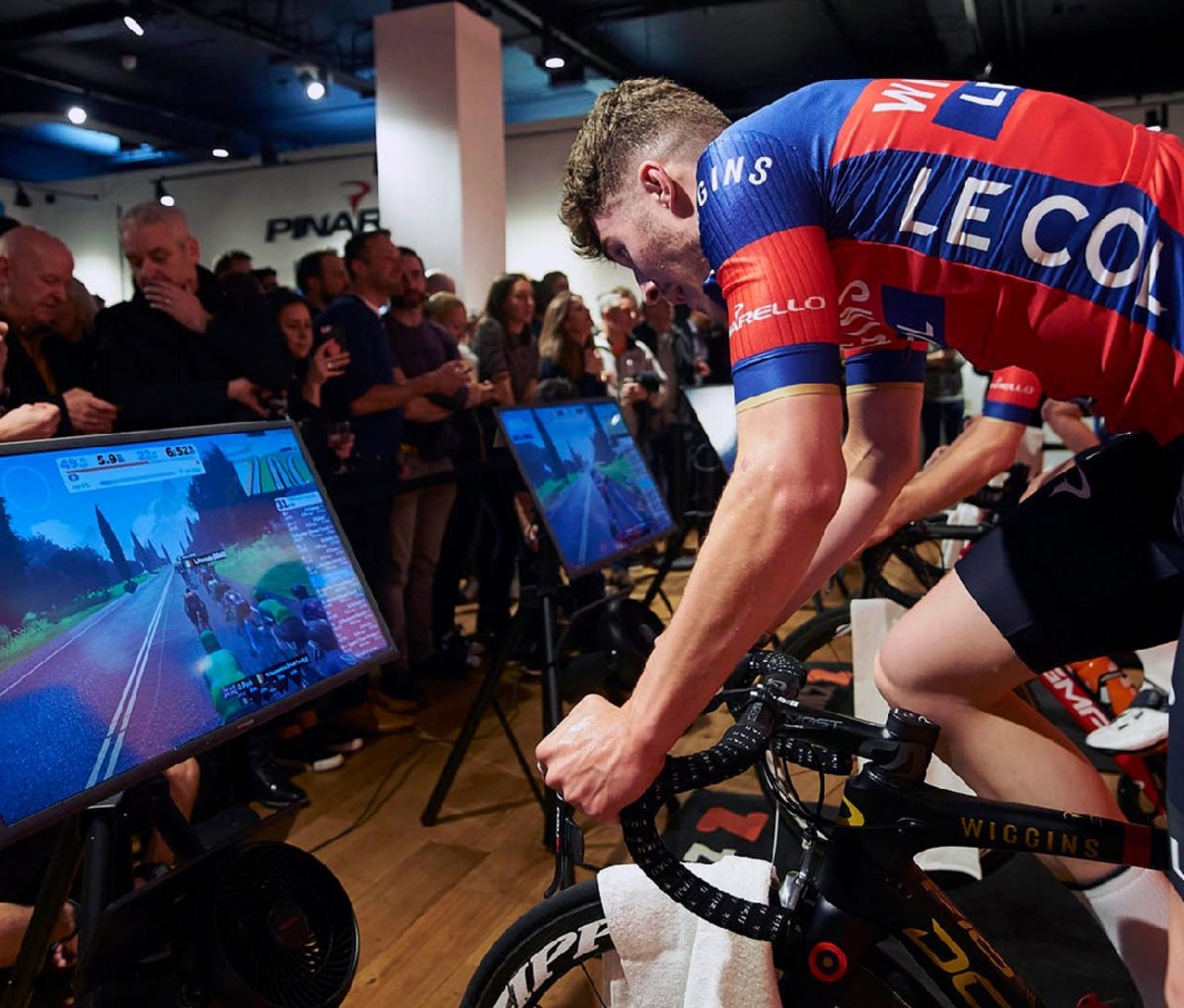
1. Make training more interactive with guided rides
Using the Zwift App ($15/month; zwift.com), you can turn your workouts into a motivational game and create virtual races in fantasy worlds as you compete against other riders on the app. Zwift works on Mac, Windows, PC, iPad, iPhone, Apple TV, and Android devices; so as long as you can easily view your TV, phone, tablet, etc., you’re in business. Zwift is also supported on these indoor bikes. (FYI: Zwift was designed for outdoor bikes using cycling trainers to park them in place for your indoor training sessions)
“Whether you’re training for your first triathlon or want a quick ride before work, Zwift is the pinnacle of indoor cycling. This is a great upgrade for your at-home cycling workouts because it includes training plans and the ability to connect with other riders around the world,” says Jack Spicer, an action sports blogger.
Another great option if you prefer guided rides? iFit ($15/month; ifit.com), an app that offers a wide array of instructor-led studio cycling classes and outdoor training videos (along with yoga, strength training, and more) led by top-notch athletes from around the world. Just download to your Android or Apple device and you’re good to go.
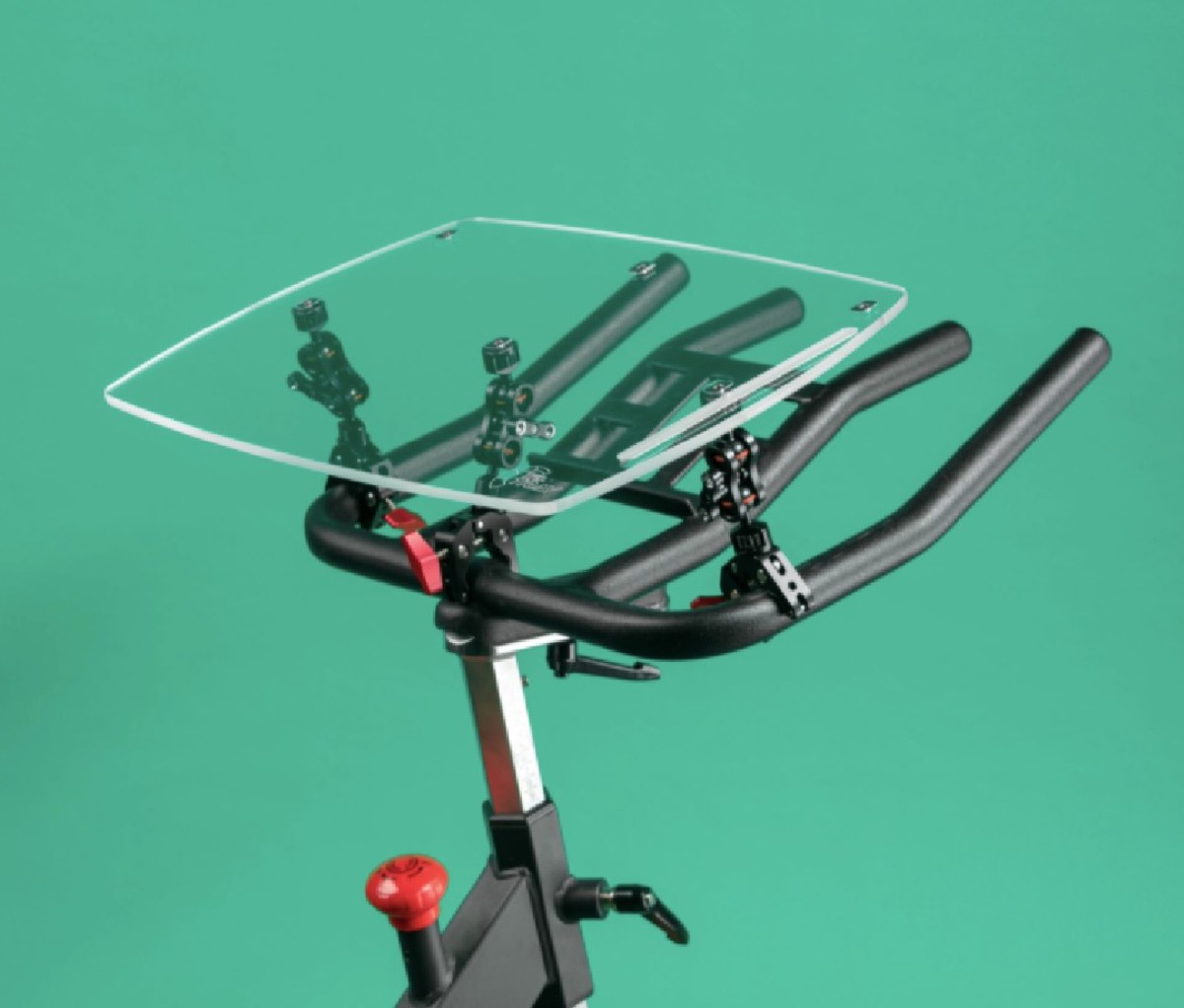
2. Add a tray
Whether you’re a multi-tasker hoping to crank out some work from your laptop while you pedal or you simply want to outfit your budget bike so you can stream training sessions as you pedal, The Tray Universal by Top Form Design ($110; topformdesign.com) will become a fast friend. Attach the tray to your handlebars, and you can adjust the tray’s position whenever you like. Now, if only you could motivate yourself to do more work from this nifty desk, and less Netflix.
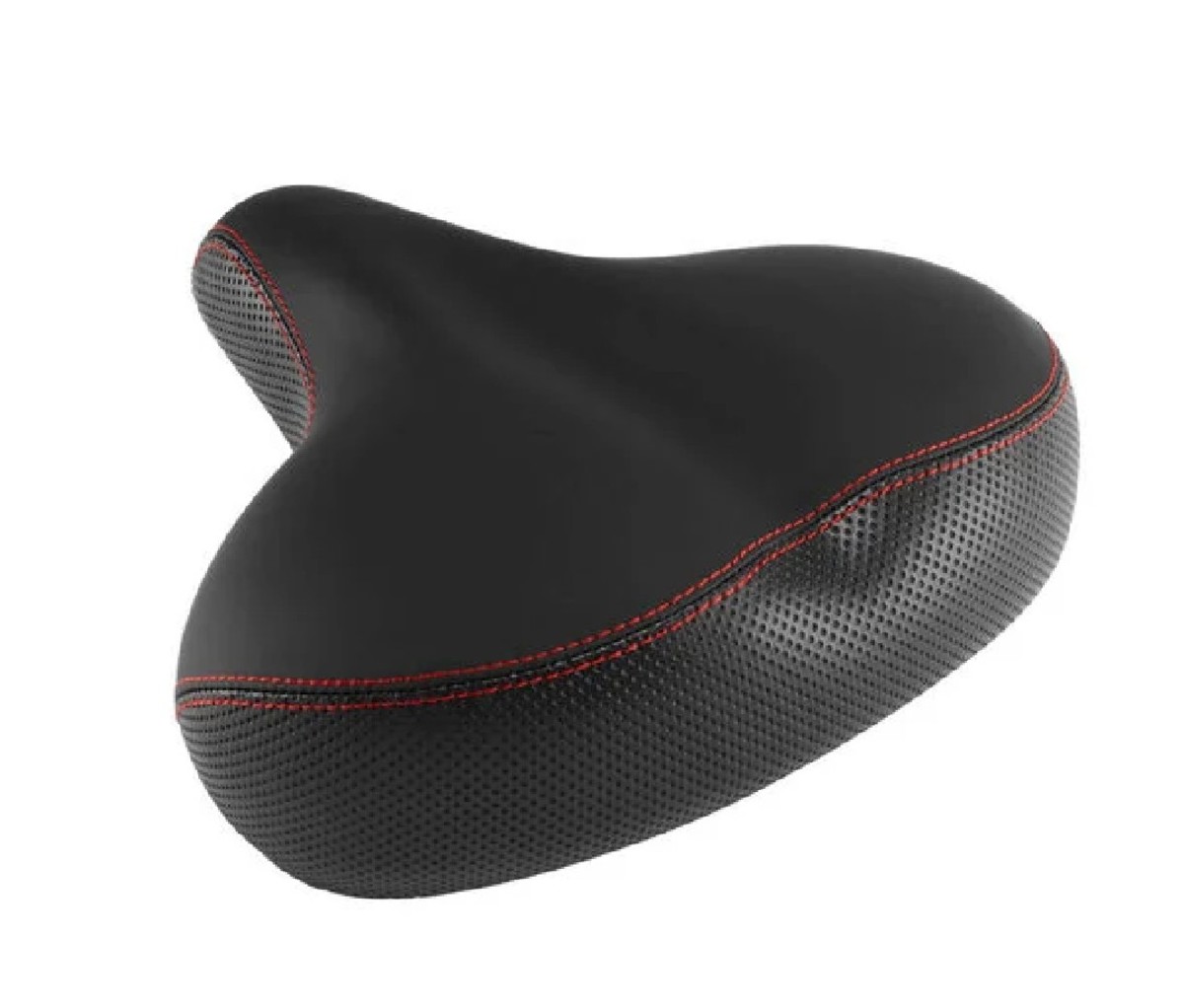
3. Buy a better bike seat
Even if you don’t have a bike with lots of bells and whistles, a more comfortable bike seat can go a long way in enhancing your workouts. Getting your butt in the saddle is half the battle anyway.
We’re fans of Bowflex’s Extra Comfort Bike Seat ($30; bowflex.com). It’s nice and plush, made of high-density foam, and compatible with a slew of models from Schwinn on the more affordable end (the IC3, IC4, 130, 170, and AD7 bikes), as well as Bowflex VeloCore, C6, and C7 bikes. Or, try the Giddy Up! Oversize Bike Seat ($40; Amazon.com), which works as a universal replacement on both indoor or outdoor bikes and is made of memory foam for maximum comfort.
Another route to consider is the padded bike saddle cushion, like the DAWAY Comfortable Exercise Bike Seat Cover ($30; Amazon.com).
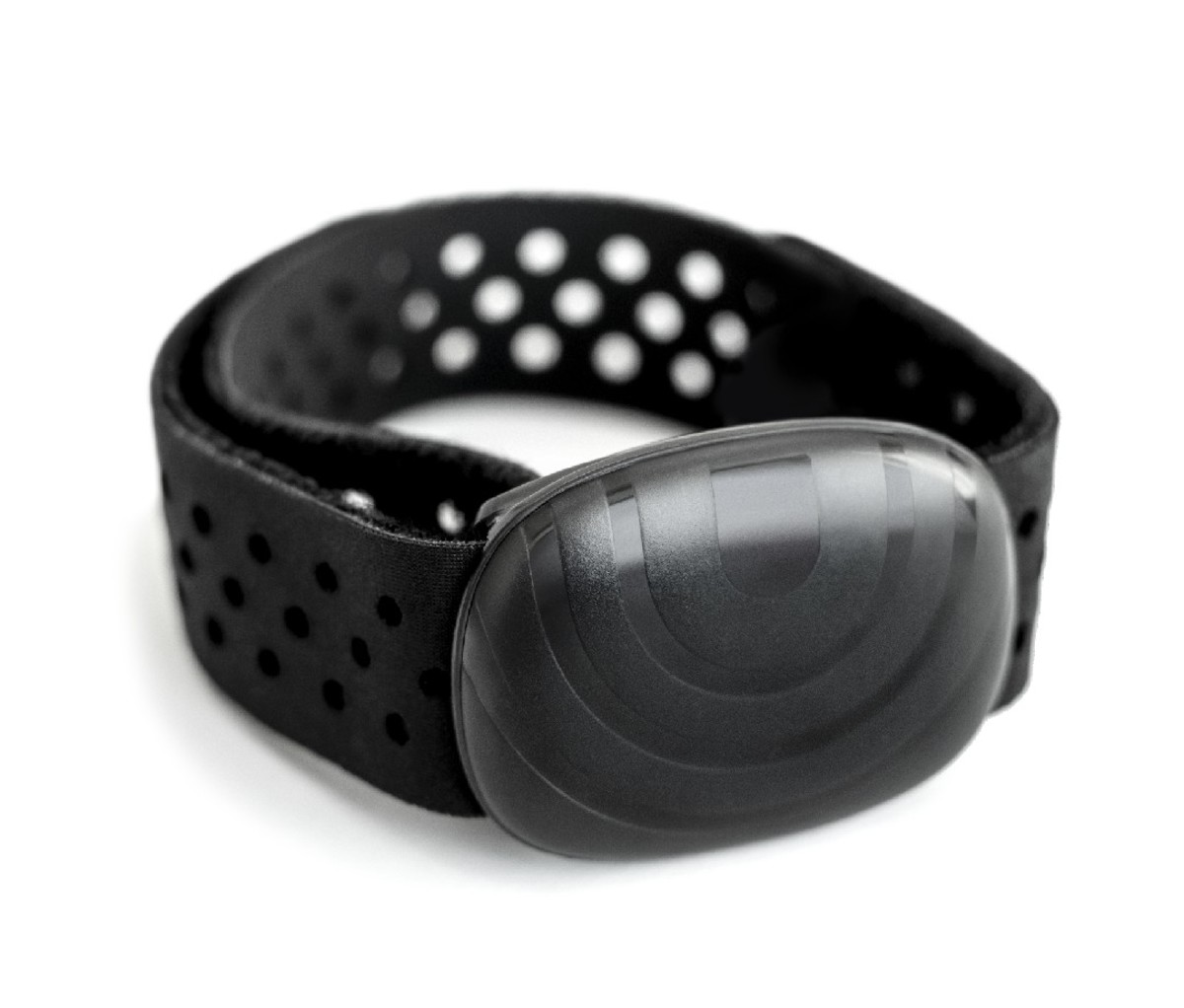
4. Throw on a heart rate armband
If you do a workout, and you didn’t track it, does it even count? (If a tree falls in the woods…) Monitor your heart rate data continuously with the Bowflex heart rate armband ($50; Bowflex.com). It’s compatible with a host of machines in the Bowflex family, but also works with apps like Wahoo Fitness, Runtastic, and Strava, as well as Bowflex’s jrny digital fitness platform. If you’re a fitness data junkie, you may also want to consider splurging on the WHOOP strap, which conducts heart-rate monitoring and gives insight into your HRV (heart rate variability), resting heart rate, and sleep stats, including your number of nightly disturbances.
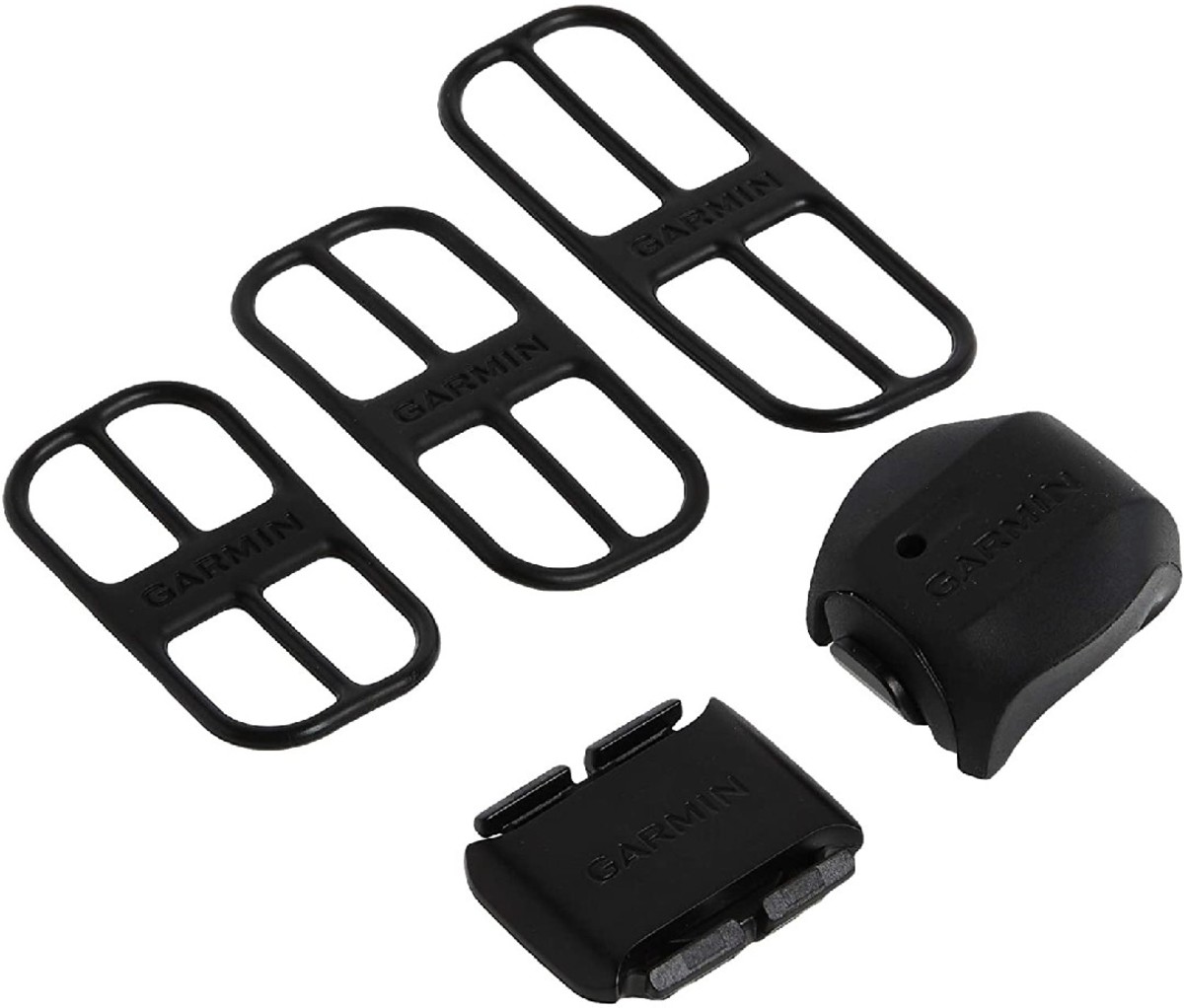
5. Keep tabs on your biking speed.
It’s worth noting that pedometers don’t work with all indoor bikes, so check the specs and reviews to make sure it’s compatible with your indoor cycling setup. With that said, being able to track your RPM (revolutions per minute) can help you better follow, say, a guided Peloton app or iFit workout and helps hold you accountable when you feel like cruising during those last 10 minutes instead of pushing yourself to that 90 RPM groove. Some that may fit the bill for your setup: The Garmin Speed Sensor 2 and Cadence Sensor 2 Bundle ($54; Amazon.com), the Amiigo wristband with a shoe clip ($179; wearables.com), and the Wahoo RPM Cycling Cadence Sensor ($40; Amazon.com).
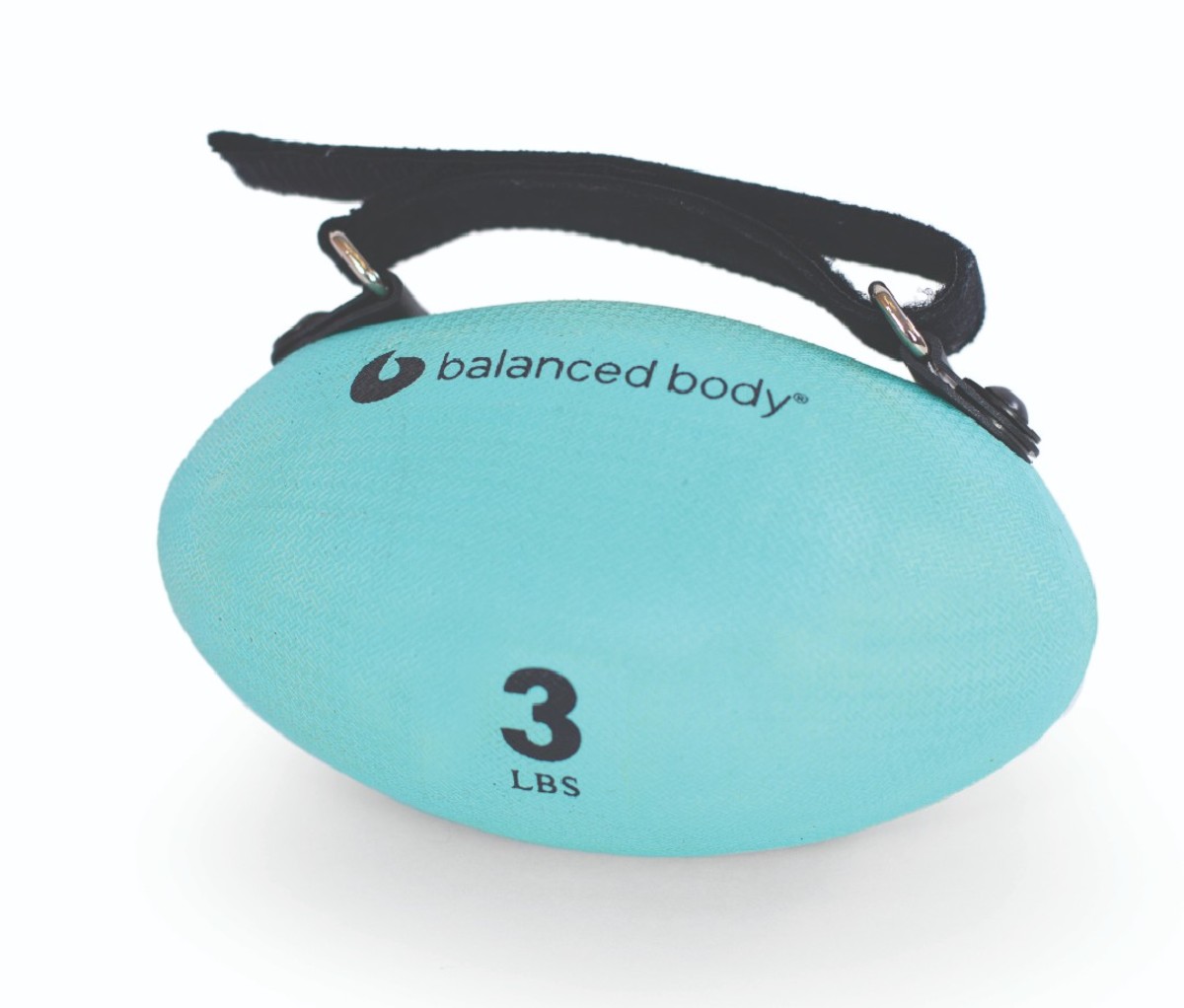
6. Add some hand weights
Nab a set of light free weights to use mid-ride or as a finisher to get an arm session in with your cardio. Regular dumbbells are great, but if you want to save some space, get these Balanced Body three-pound hand weights ($30 for a pair; pilates.com). Featuring strap-on handles, the ergonomic shape coupled with a non-slip surface is great when you want to throw in some curls or overhead presses. Bonus: Use weights while you cycle, and you’ll be building upper body and lower body strength in one workout.
from Men's Journal https://ift.tt/3atU6SZ





0 comments